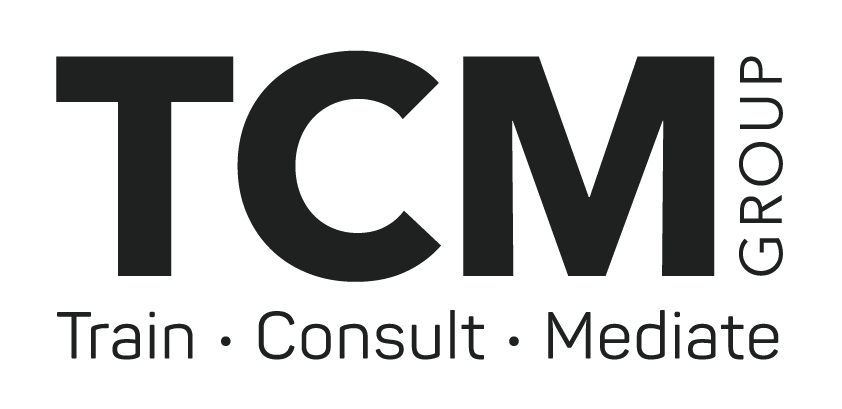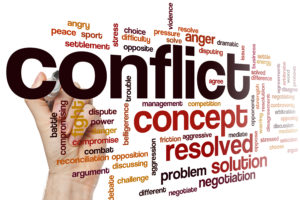Date published: 21st February 2020
No team is too good for conflict!
Conflict emerging in teams can indicate a healthy, innovative and high-growth culture. Sometimes however, that conflict can spill over into division and dysfunction, knocking a previously high-functioning team off course. It is precisely at these times of complex group conflict that TCM can help get your team back on track.
We have identified 5 types of common team conflict. Some of these may seem familiar.
- All against one. One person has been identified by others as the problem. This situation can result in mobbing if not resolved.
- The 50/50 split. The team has been divided down the middle with factions or cliques forming. This can result in the team losing focus and becoming inefficient and dysfunctional.
- The Meltdown. In these conflicts, the situation is dynamic and alliances change quickly, impacting performance and team cohesion.
- The Abuser. In these situations, a charismatic individual abuses their authority or power, sowing discord.
- Silos. This is about inter-group working and how different teams move in opposition to each other, wasting resources and undermining organisational effectiveness.
In all of these situations, TCM mediators help the team re-connect to the organisation’s values and work together towards a mutually acceptable resolution. They can help the team develop co-operative and productive working practices that will serve them well for the future.
Our customers tell us that our team mediation, facilitation and coaching services deliver tangible benefits for the team and for the organisation as a whole:
- Helps teams reach a positive, appropriate and sustainable resolution to their issues
- Restores effective, productive and harmonious working relationships
- Leads to enhanced productivity, performance and profitability
- Improves morale, well-being and general attitude to work
- Results in reduced stress and stress-related absence
- Helps team to develop a shared vision, goals and objectives
- Can enhance the reputation of the team and the organisation.
No team is immune to conflict! The question is – how are you resolving it?

